Radiator Service
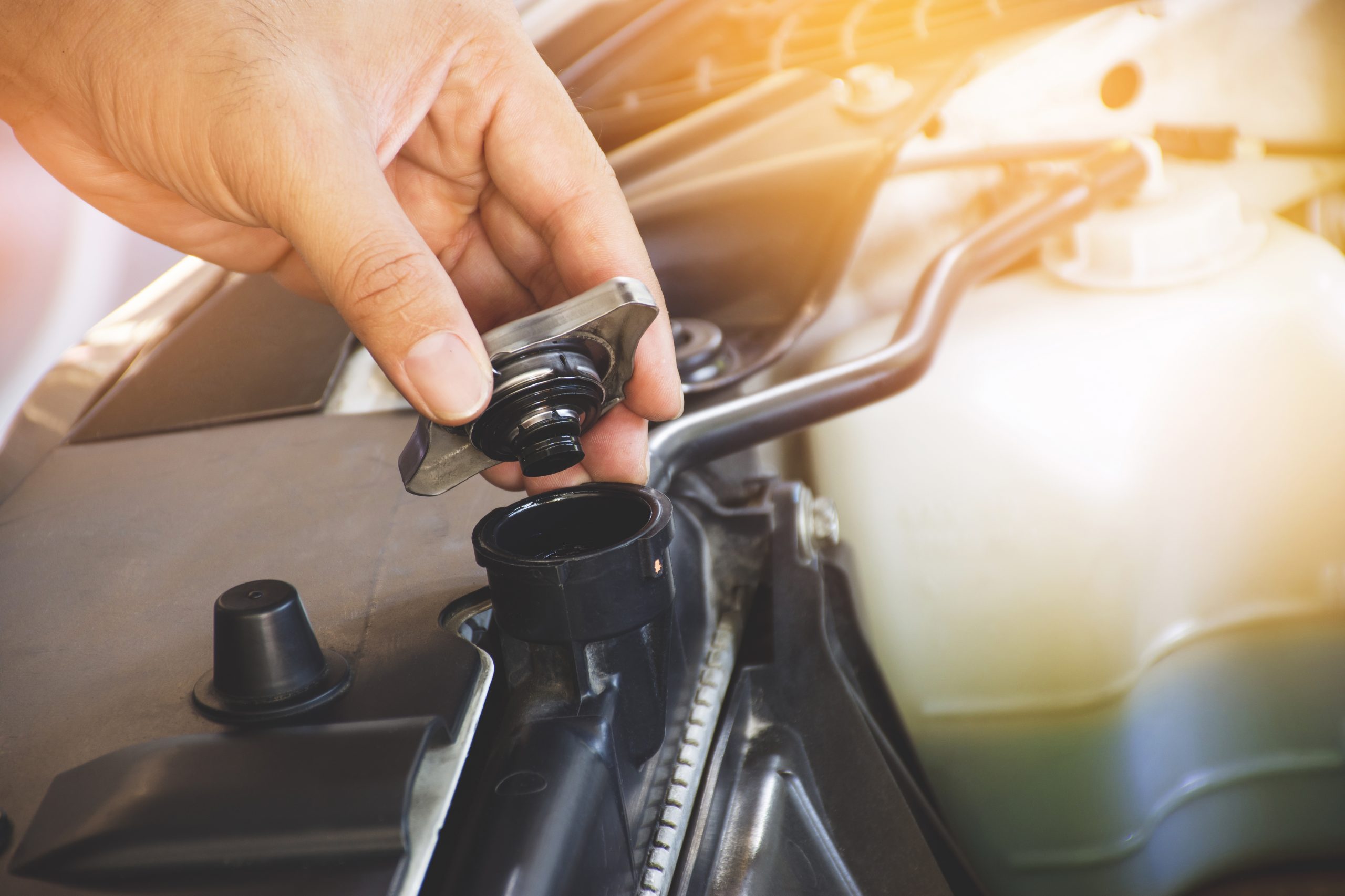
Your car’s radiator is essentially responsible for keeping your engine from overheating. A radiator uses coolant to regulate the temperature around the engine and dissipate it throughout the car. Coolants usually also contain antifreeze solutions, which prevent water from freezing.
Coolants usually contain corrosive inhibitors to counteract the antifreeze, as the acidity of the antifreeze could eat through the metal parts of the car and cause damage to those parts, especially aluminum. However, it is important to replace your coolant regularly as these corrosive inhibitors in the coolant degrade over time, causing the coolant to corrode parts of your car.
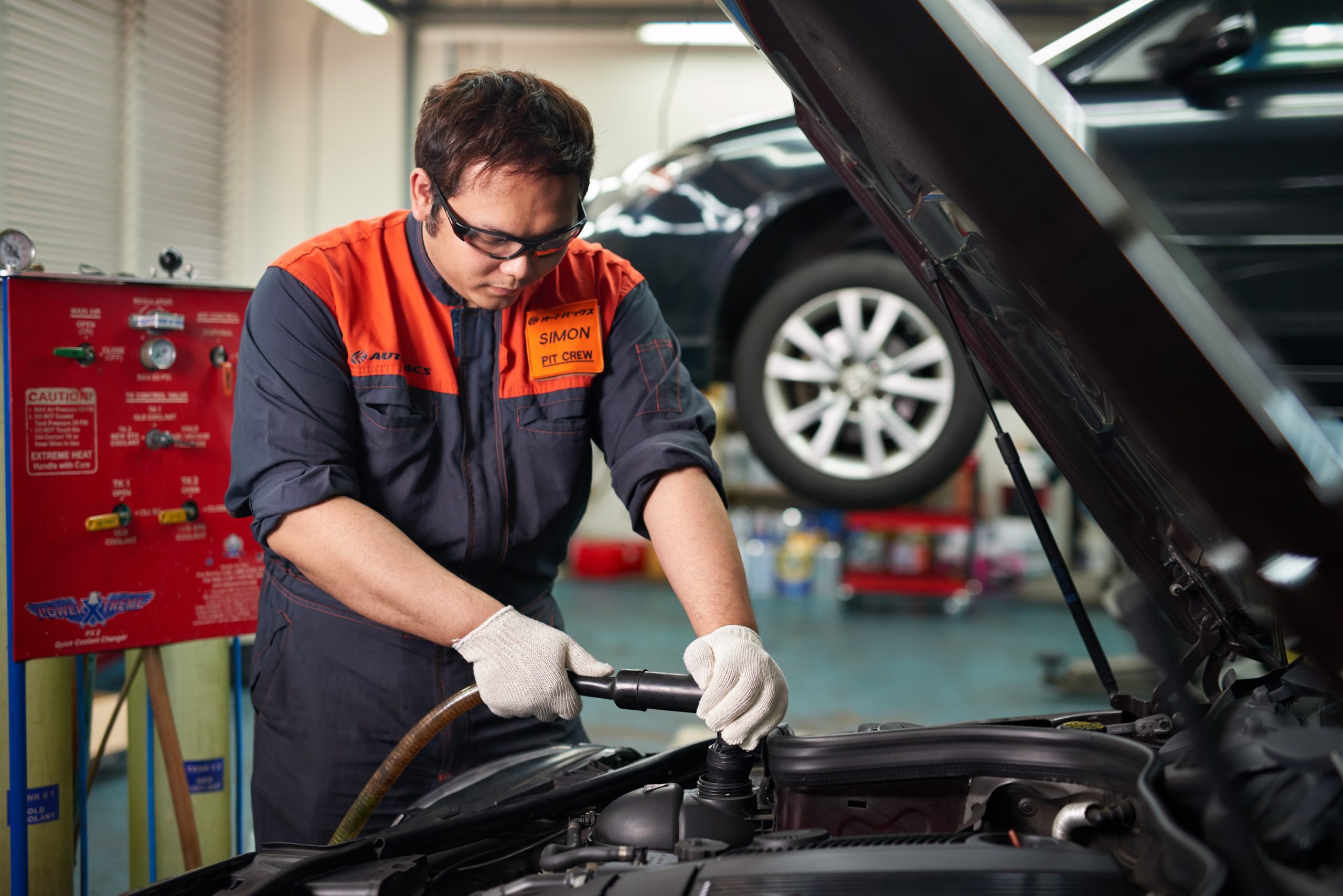
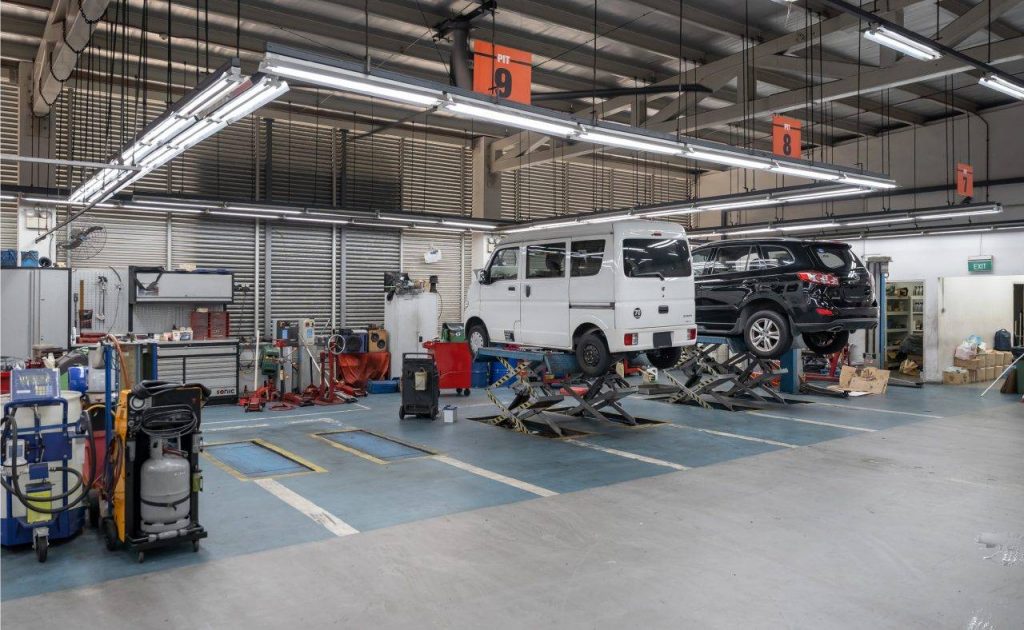
Signs that you are due for a radiator check and repair:
- Your car seems to be overheating more than usual, with the temperature gauge always nearing the upper limits
- Steam sometimes comes from underneath your car’s hood
- Radiator coolant seems to be leaking from under your car
- Your dashboard indicates that it’s low on coolant
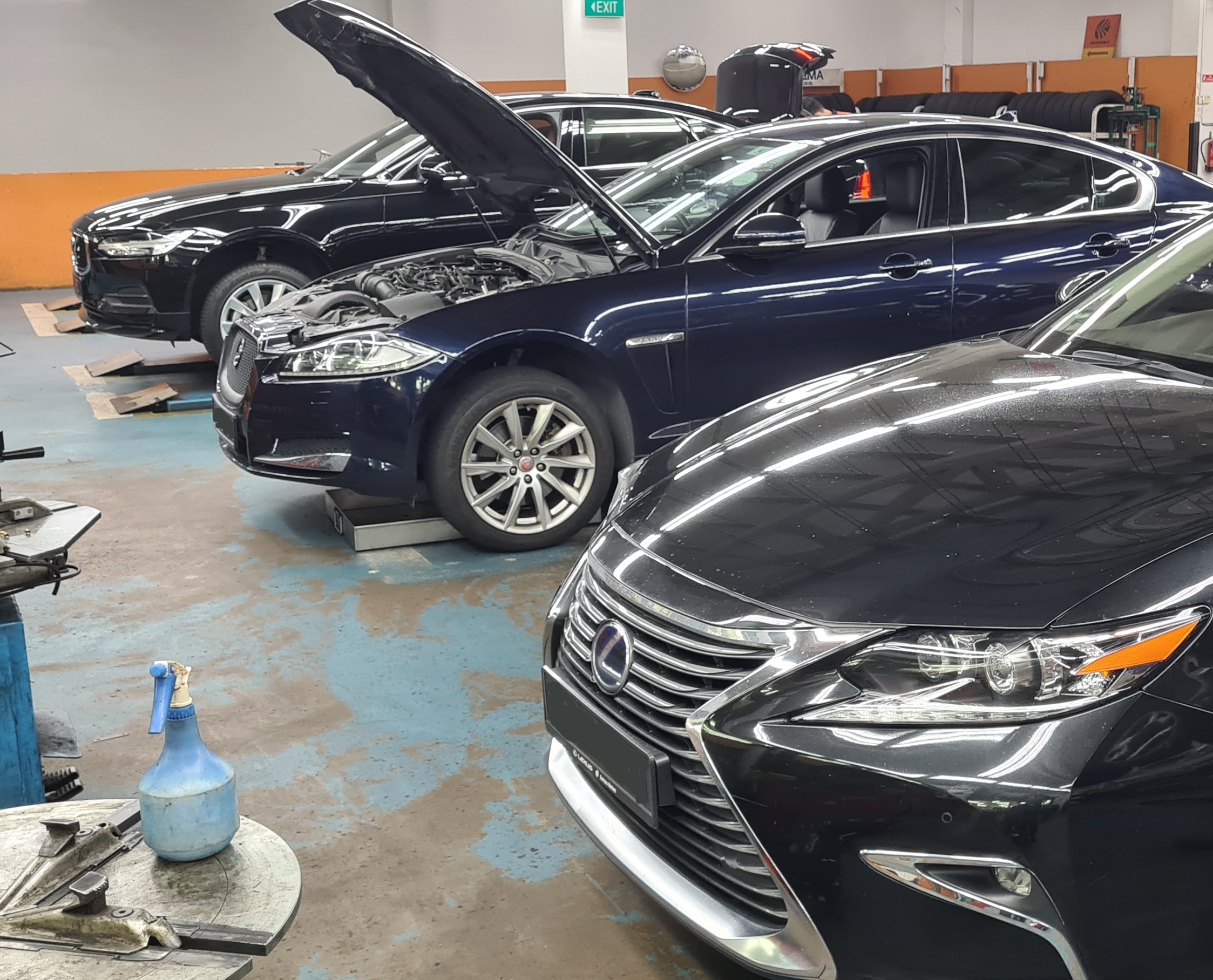
At AUTOBACS, we provide radiator coolant flush and fill services to solve this issue. We ensure that the old coolant is completely drained from your vehicle and filled with a fresh batch of coolant specific to the make and model of your car. Different types of coolants may be required for different radiators such as aluminum or copper-brass.
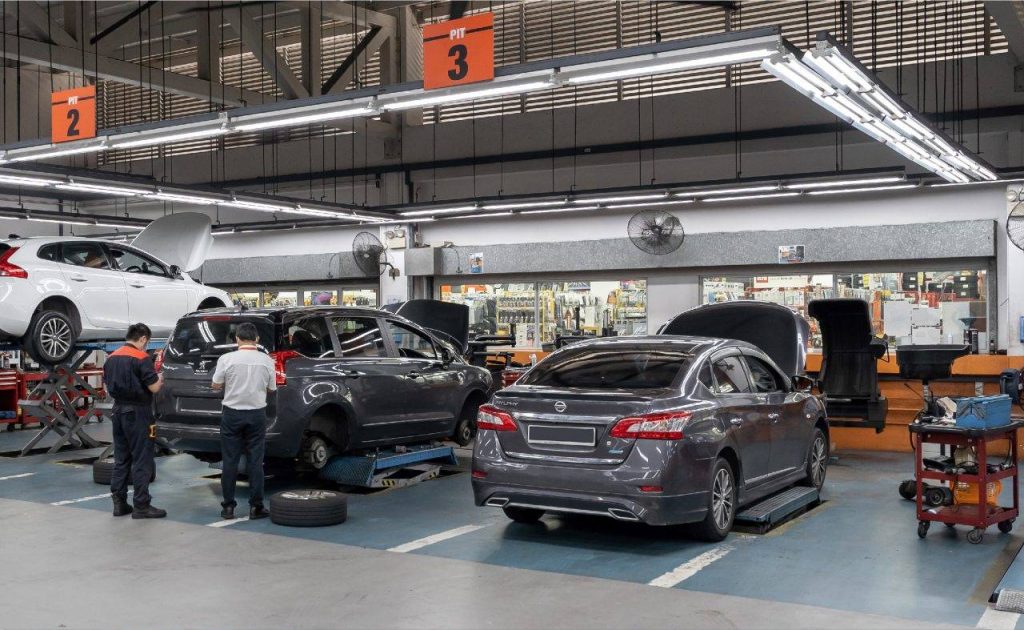
How to extend the lifespan of your radiator:
- Using the right coolants.
- Regularly flushing and replacing your coolants.
- Maintaining hoses and checking for signs of corrosion, cracks, and leaks.
- Ensuring that the coolant is at a suitable level.
- Not overloading your vehicle frequently as it puts more stress on the engine and makes your car more prone to overheating.
Get In Touch:



